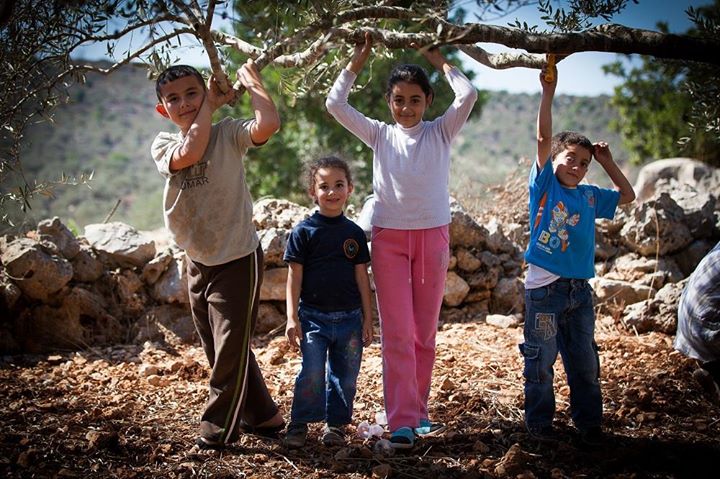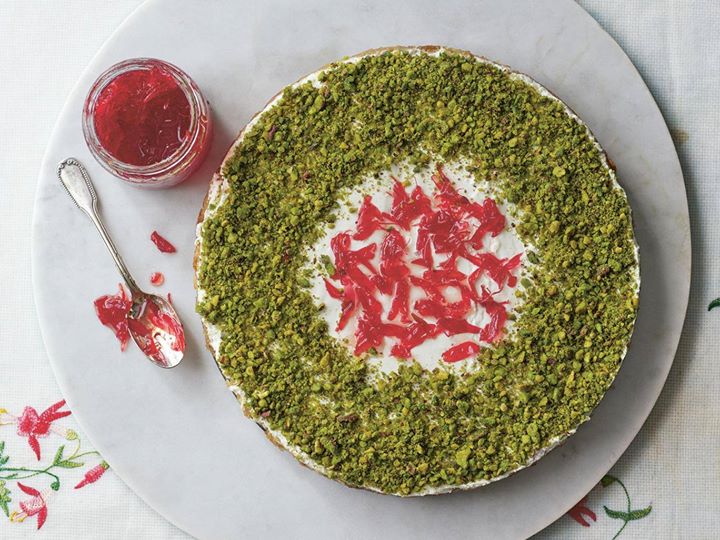Palestine (Jenin)
Zaytoun helps to support Palestinian farmers through fair trade instead of aid, sourcing sustainably grown olive oil and other delicacies for distribution in the UK.
In 2004, a small group of activists used their European passports to provide Palestinian farmers with safe passage to their olive trees in the occupied territories. Acting as human shields against onlooking Israel authorities, they sought to help Palestinian rural communities reclaim their voice. If the farmers were unable to pick their olives, their already dwindling rights would become non-existent.
Encouraged by UK demand, the activists turned to commerce for the answer and Zaytoun – named after the Arabic word for olive – was founded that same year. From day one it was a community interest company. They source sustainably grown products from farmers in Palestine for distribution in the UK and Ireland. They support the farmers through fair trade instead of aid. And in 2009 they succeeded in helping a group of Palestinian farmers become the first olive oil producers in the world to achieve Fairtrade certification.
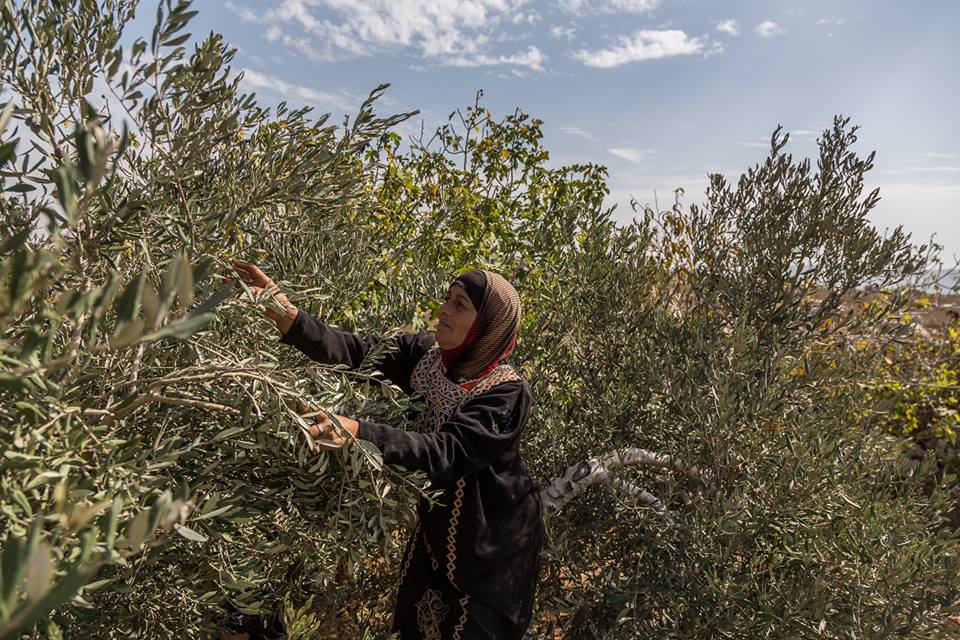
Since then the company has continued to branch out. “Our focus has been on building the capacity of our supply chains and supporting existing and new suppliers in Palestine to meet the stringent demands of the UK market,” says Bridget, Zaytoun’s Communications Manager. Their range has now expanded to include a variety of quality products, with the company’s freekeh, maftoul, Medjoul dates and raw almonds all having received a Great Taste Award.
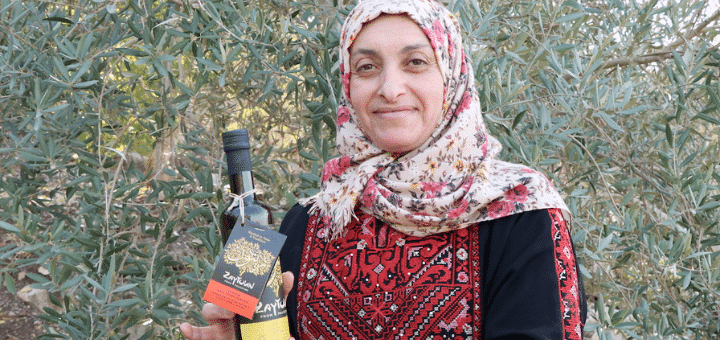
Recently, Zaytoun has also been able to take a step towards a greener future. “We have finally decarbonised our shipping by joining the Good Shipping programme,” explains Bridget, the company’s sustainable philosophy is now weaved into its delivery system by forgoing fossil fuels.
While the pandemic has shaken the world to its core, Palestine has suffered disproportionately due to the damage already wrought by the occupation. “The impact of COVID-19 on Palestinians, given the fragile health system and the ailing local economy, was and continues to be worrying” says Bridget. Food production plants were forced to impose necessary safety measures, which slowed production times and affected costs.
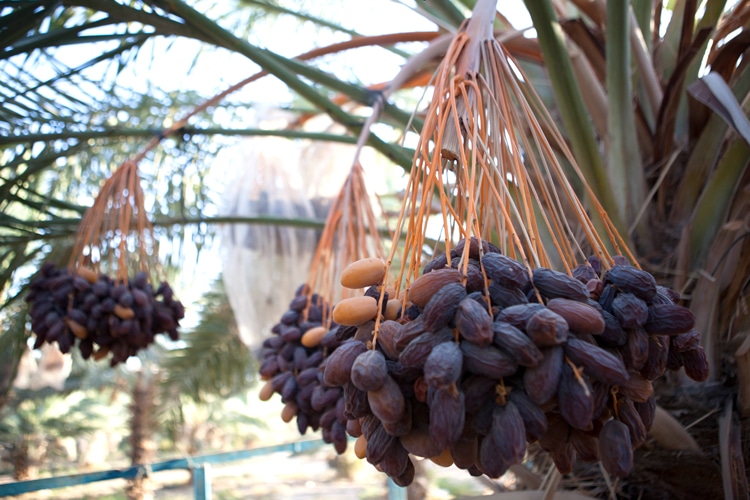
For a country already under severe restrictions, the inability to travel during the pandemia has only worsened the sense of isolation the nation has endured for decades.
Zaytoun has demonstrated the utmost commitment to maintaining contact, however. “For us, the inability to visit the producers and our suppliers on the ground or host them in the UK impelled us to find ways to increase our remote engagement,” explains Bridget. The company set up live Zoom calls with producers from across Palestine, and was “delighted” by the enthusiasm and interest that the virtual meetings garnered. Hundreds of new connections that could not have been forged at live events in the UK were made possible by this innovative approach to managing the crisis.
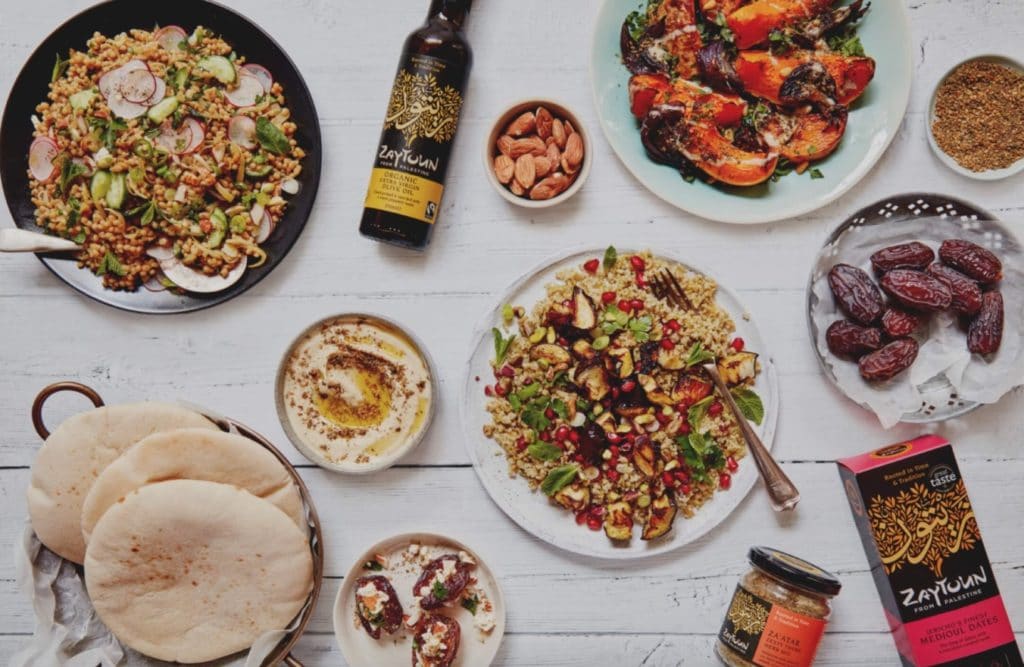
AtlasAction: Sign up to their newsletter to keep up to date with their campaigns, while joining their digital and live events. Sponsoring tree planting in Palestine is another fantastic way to help out (over 90,000 trees have been sponsored since 2017 in support of the Palestine Fair Trade Association).
Project leader
Manal Ramadan, Managing Director and Heather Masoud, Company Director
Support the Atlas
We want the Atlas of the Future media platform and our event to be available to everybody, everywhere for free – always. Fancy helping us spread stories of hope and optimism to create a better tomorrow? For those able, we'd be grateful for any donation.
- Please support the Atlas here
- Thank you!
